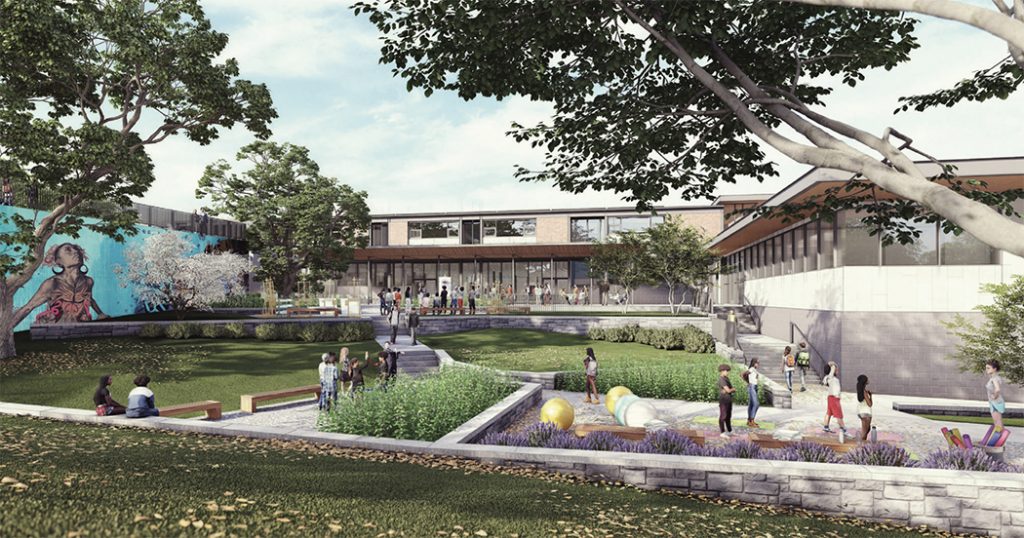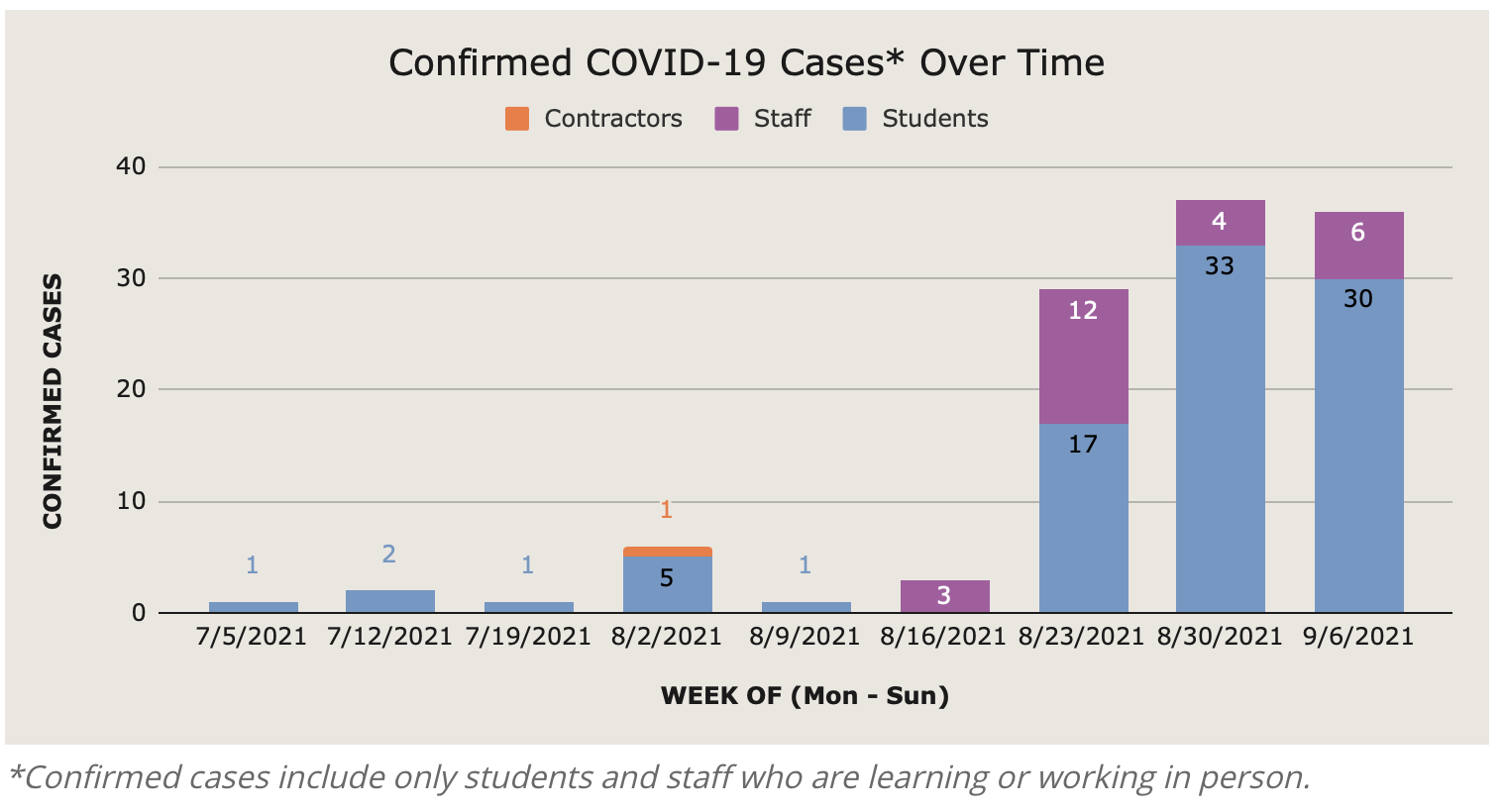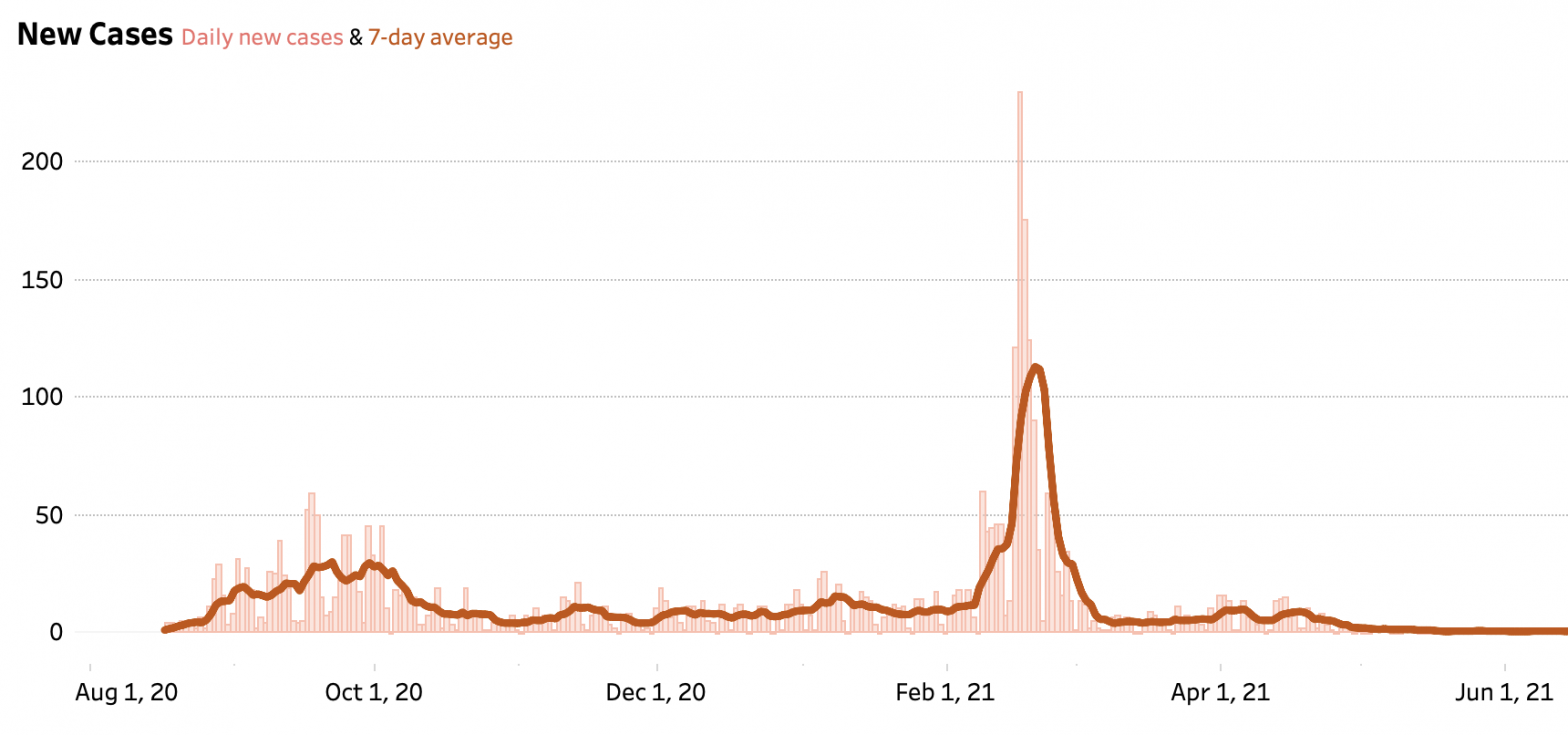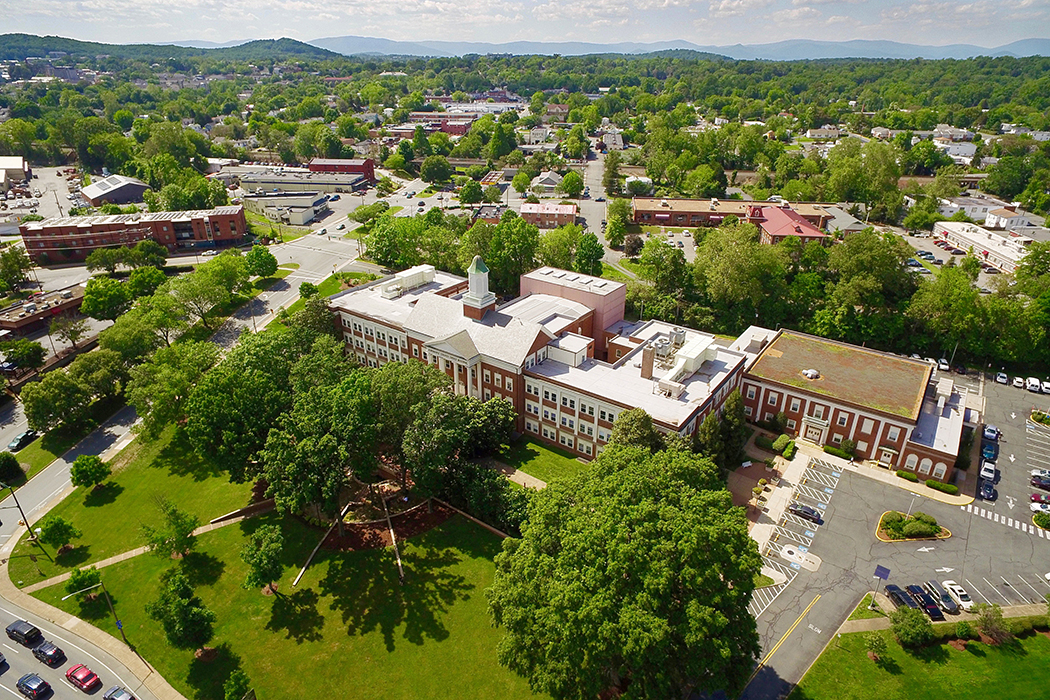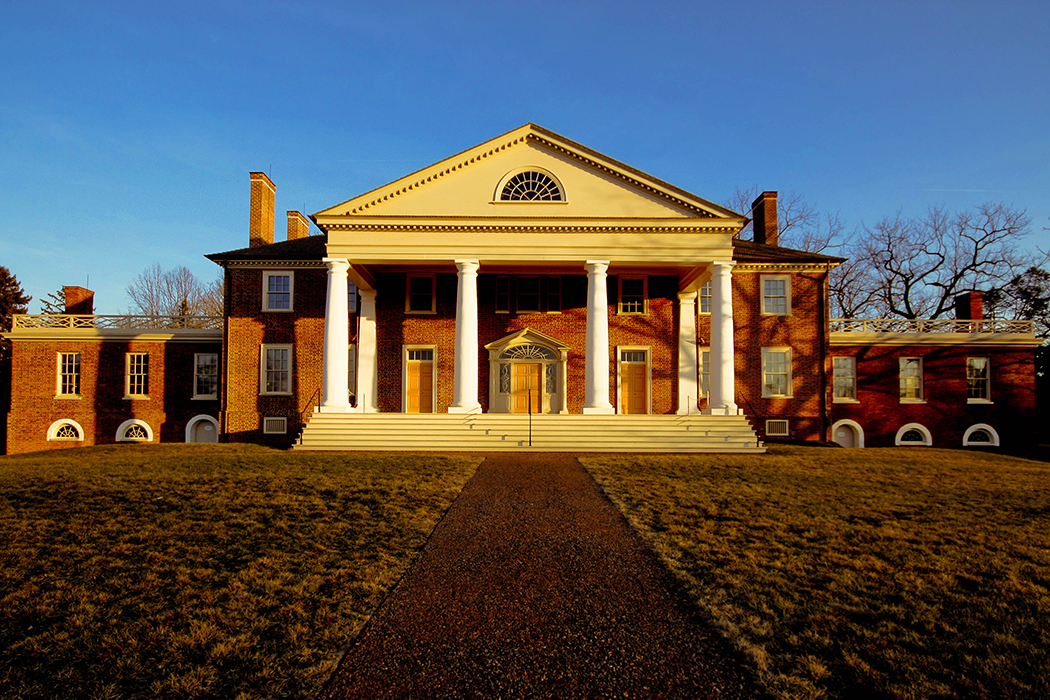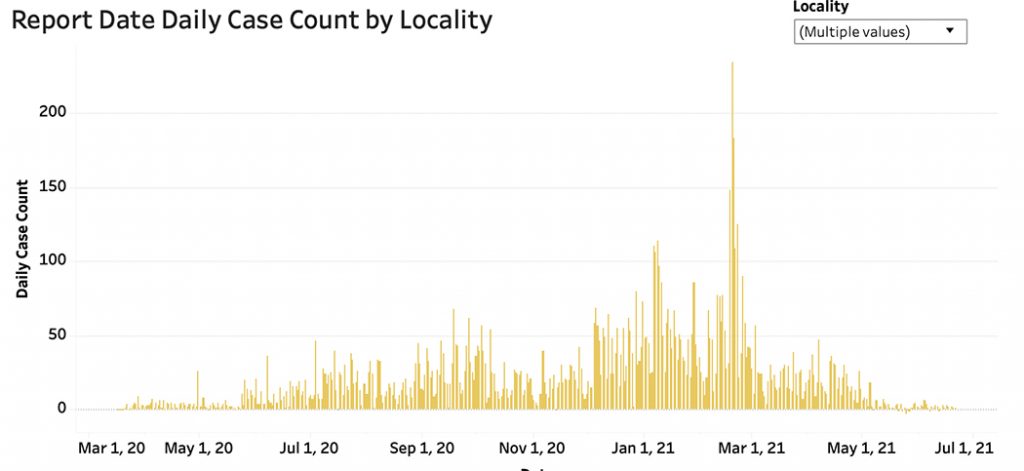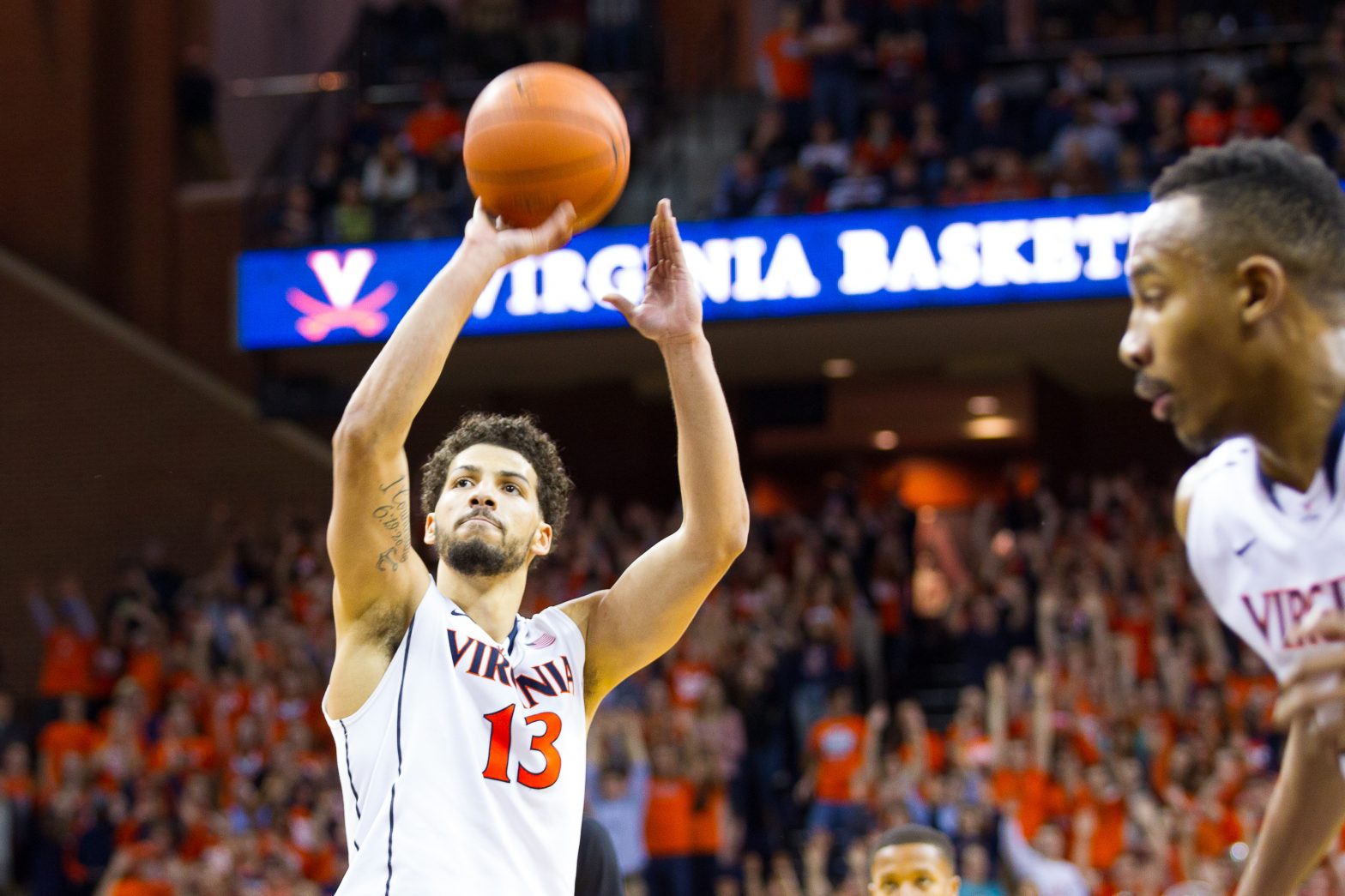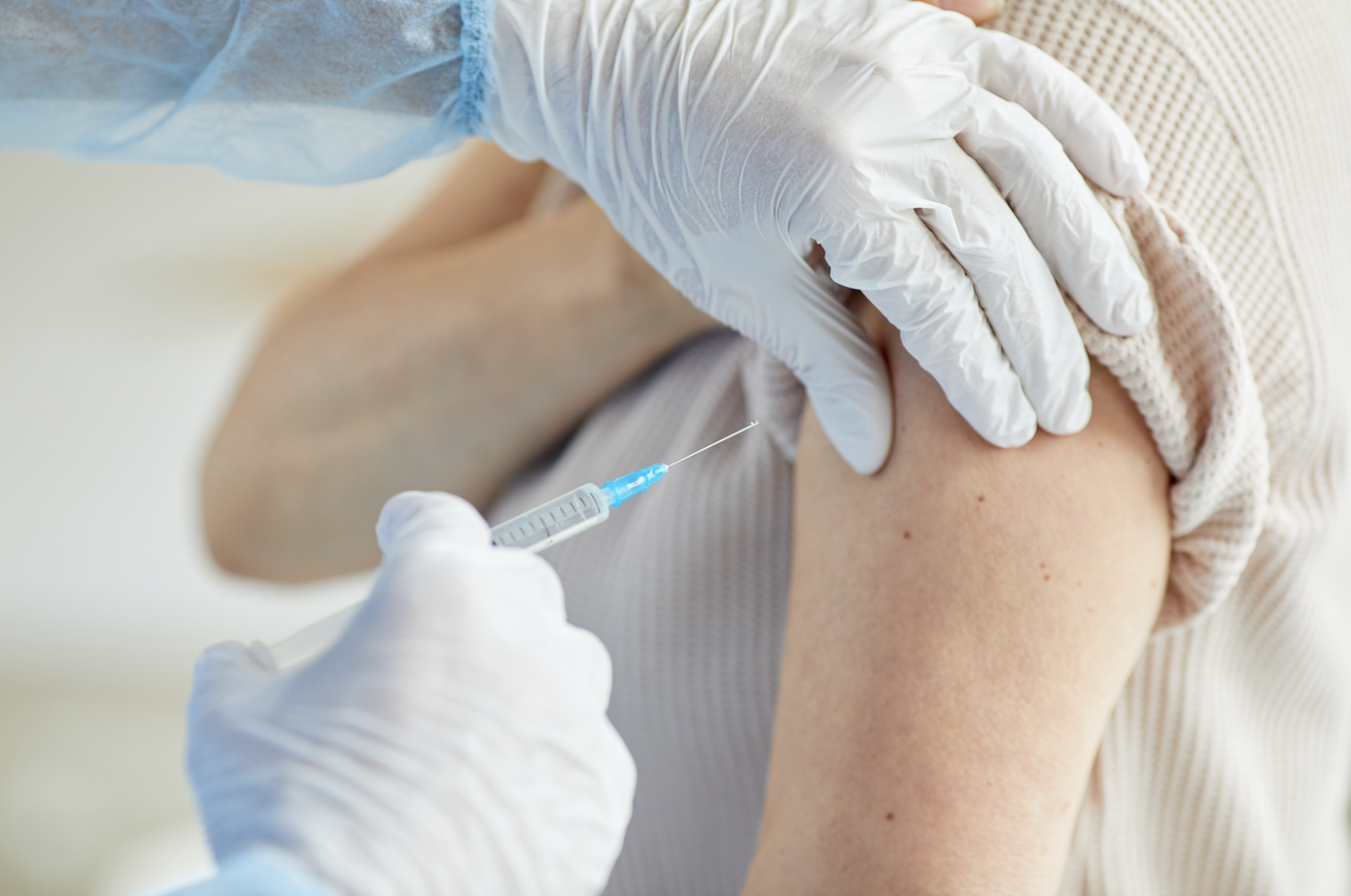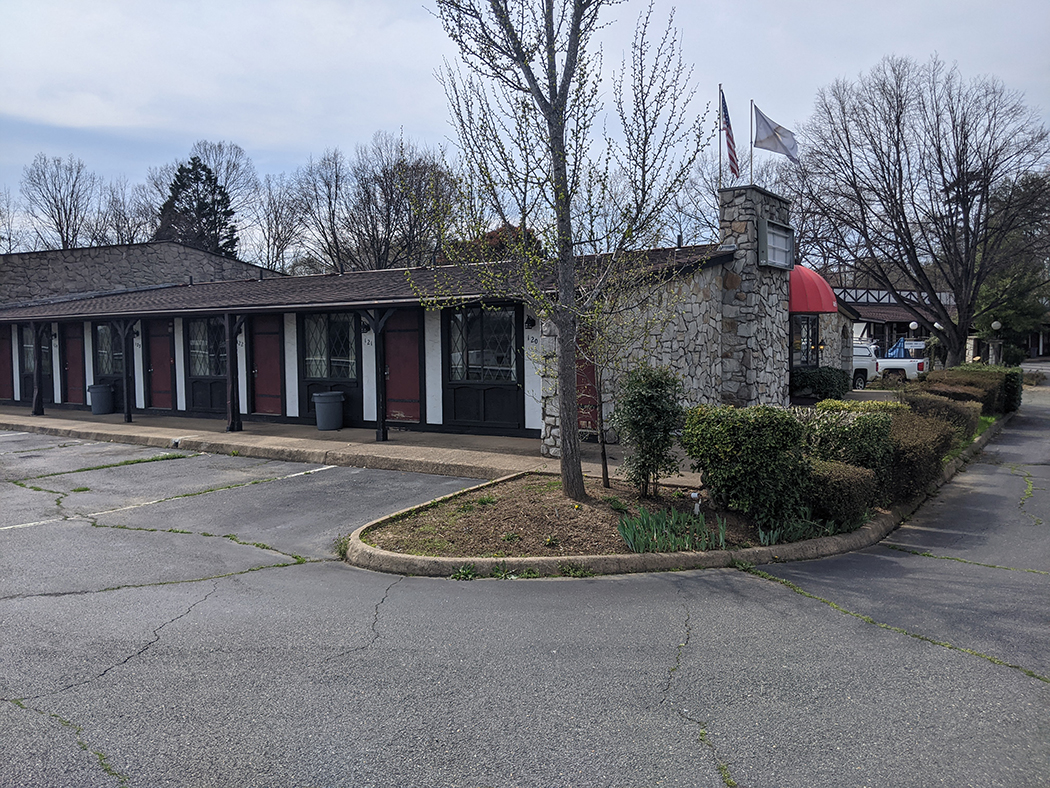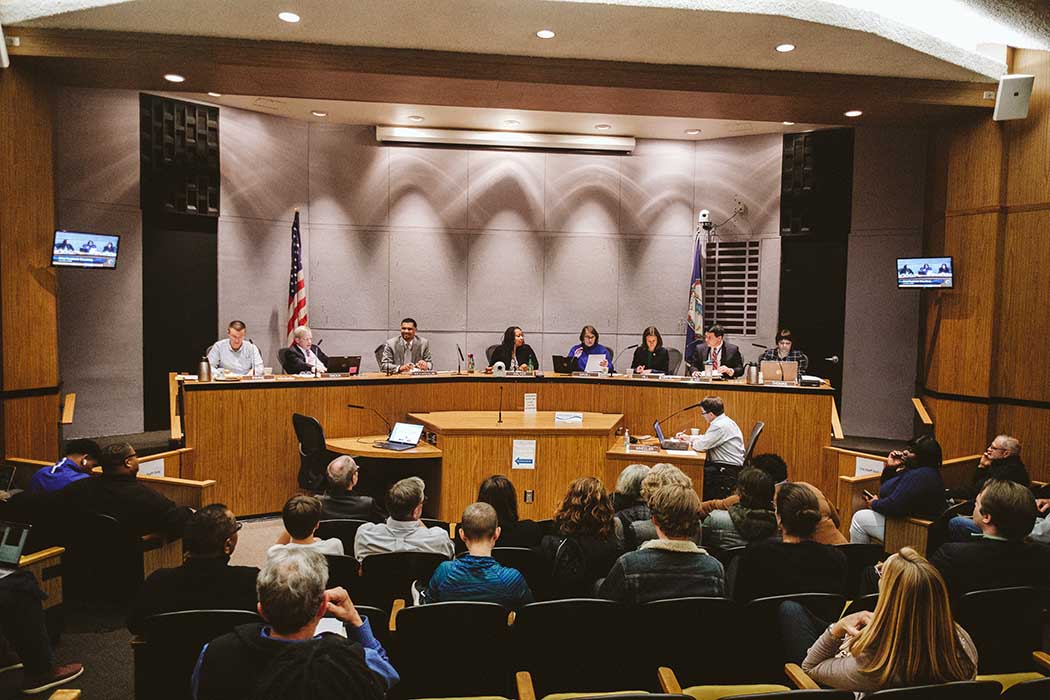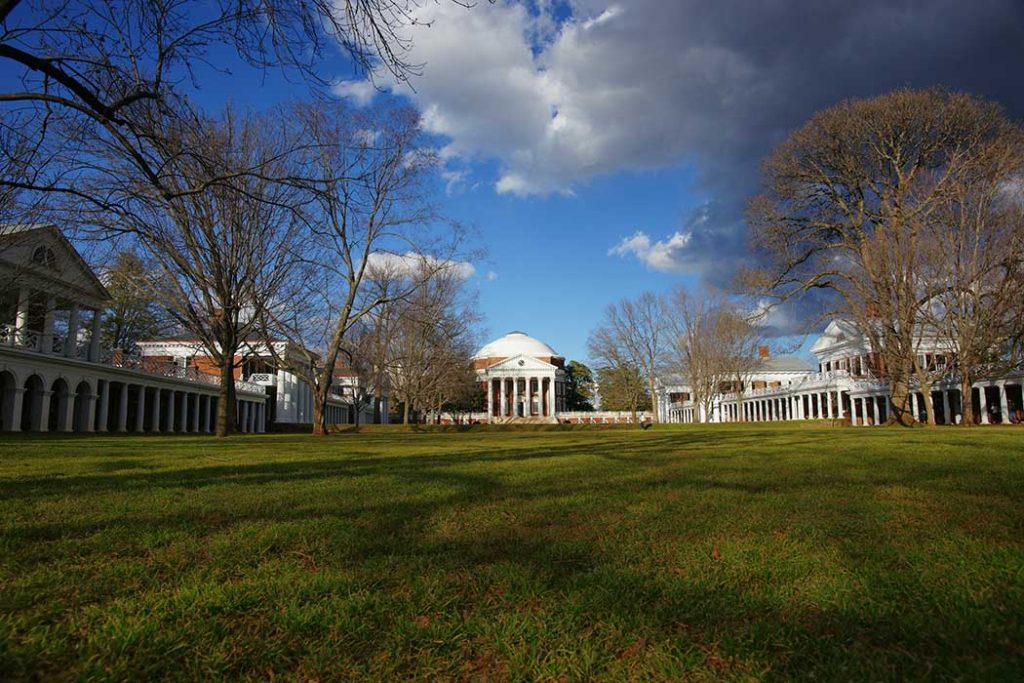Nearly two years after arriving in Charlottesville, COVID is still here—and it’s more prevalent than ever. On January 10, the Blue Ridge Health District reported 610 new cases, the most in a single day. Before the surge of the last three weeks, the highest single-day case total was 245, in February of 2020. The surge can be attributed in large part to the omicron variant, which has taken over as the most common variant in the U.S.
In a town hall last week, BRHD officials and local doctors offered additional insight on the surge, and detailed a variety of testing options.
“What we anticipate is that [cases] will continue to increase,” said BRHD COVID-19 Incident Commander Ryan McKay. “We also recognize that these numbers are probably underreported numbers,” thanks to at-home tests, asymptomatic carriers, and infected people who have not been tested. McKay encouraged those who test positive using an at-home test to report their case to the health district.
Dr. Michael Williams of UVA Health urged people to not go to an emergency room or urgent care for a COVID test, especially if they are asymptomatic.
“As the numbers have gone up, the stress and strain on hospital personnel staff, and also resources, has gone up in lockstep,” said Williams. “You will wait and you will wait and you will wait [for a test].”
Amidst this record surge, local residents have reported waiting for hours in line to get tested, while area stores have quickly sold out of at-home tests. The state health department opened a new community testing center at the Pantops Shopping Center last weekend. The site offers PCR tests by appointment, and is open Saturday through Thursday from 9am to 5:30pm. The Blue Ridge Health District also offers testing Monday through Thursday at each of its health departments, and in the JCPenney parking lot at Fashion Square Mall on Friday. Appointments can be scheduled online at vase.vdh.virginia.gov, or by calling the BRHD hotline at 972-6261.
UVA Health continues to offer free drive-through and walk-up testing at Church of the Incarnation on Mondays, and Mount Zion First African Baptist Church on Tuesdays. (This week, testing will be held at Church of the Incarnation on Wednesday.) Next Molecular also runs a testing site at the JCPenney parking lot throughout the week. Testing appointments are available at local pharmacies too.
UVA Health now has the highest number of COVID patients that it’s ever had, said Dr. Taison Bell. While a majority of these patients are unvaccinated, those who are vaccinated typically have severe high-risk conditions, like cancer.
“The vaccines were specifically designed to prevent serious illness, and they continue to do that consistently,” said Bell. “As opposed to last year when we were taking care of [patients] who were getting sick because they were not vaccinated, this year we’re not taking care of [anyone] who has been fully vaccinated and especially boosted.”
Omicron is also impacting children more severely. “The number of children, including infants and newborns, who have become infected and have been critically ill and/or die is still a very small number, but it’s much higher than it has been to date,” said Williams.
Dr. Paige Perriello of Pediatric Associates of Charlottesville says she’s seen an uptick in kids coming into her office with coronavirus, and stresses that the increased demand for testing has had a major impact on health care workers.
“What happens during [testing] surges is both you need more people and they’re hard to come by, and people themselves are getting sick and they’re not available to participate in the testing sites,” says Perriello. “We started with staffing shortages and then you add an incredibly contagious variant on top of that, and those shortages go down even more.”
The surge has also had an impact on local schools. Since returning from winter break, Hannah Helm, a teacher at Charlottesville High School, says she has seen more absences in her classes than usual. Though she appreciates the school district’s mask mandate and other safety measures, she wishes the administration would implement stricter cleaning guidelines.
“Last year, we had a very clear-cut card system. At the end of the day when you would leave, you would ensure that there was a red card that was visible, so that custodial staff [knew] that that room had not been flipped,” she explains. “Now this year we’re not doing that, or if we are doing that, I’m not aware that we should be.”
This week, thousands of students from around the world will also return to Charlottesville. UVA has required all students, faculty, and staff to be vaccinated and boosted, but Stephen Marrone of United Campus Workers of Virginia at UVA believes the school could be doing more to protect the community.
“It’s a good idea to have boosters and vaccinations required…but if you look at the numbers of people getting infected, and the number of people getting really sick, it’s clearly not enough,” he says. “By the time you have symptoms, you’ve already been spreading the disease.”
Marrone wants to see mandatory weekly testing for everyone, and also wishes the university would consult its employees when making major decisions. “The number of people who currently have any say in our working conditions and the community’s living conditions is really, really small, compared to the people who are being put at risk,” he adds.
Health officials strongly encouraged everyone to get vaccinated and boosted to protect themselves from the highly-transmissible variant. Walk-ins and appointments are available Monday through Saturday at the Community Vaccination Center at Seminole Square.
What’s the mood on Grounds?
Amid the rise in coronavirus cases, UVA’s vax-mandated students, faculty, and staff will return to classrooms, dining halls, and fraternity houses this week.
“In-person instruction is a core part of our mission as an institution,” wrote President Jim Ryan on January 7. “UVA public health experts have advised us that classroom spaces are low-risk environments for infection.”
Some students are relieved to be returning to Grounds. “I don’t think the new variant will change the behavior of UVA students as a whole,” says Sullivan, a second-year student. “At this point, most students have become fairly unconcerned.”
Others are more wary about the return to in-person instruction.
“Although I’m of course eager for things to return to normal, I don’t think that’s currently possible with how many cases there have been even in just the UVA community recently,” says third-year student Maryann. “I think it would’ve been better to wait for the surge to slow down before introducing thousands of students back to Grounds.”
“I’m pretty much as nervous as I was at the start of spring semester last year,” says Patrick. “I definitely think it’s wise to keep a low profile and not party too much the first two weeks so I can see how many COVID cases are active when we get back on Grounds.”
Alyssa is conflicted about the return, given the value of in-person education and how much students have already missed due to the pandemic. “I think I am happy with the decision to return to in-person school as long as students are responsible and conscious of their interactions with the community,” she says. We’ll see how it goes.—Kristin O’Donoghue


